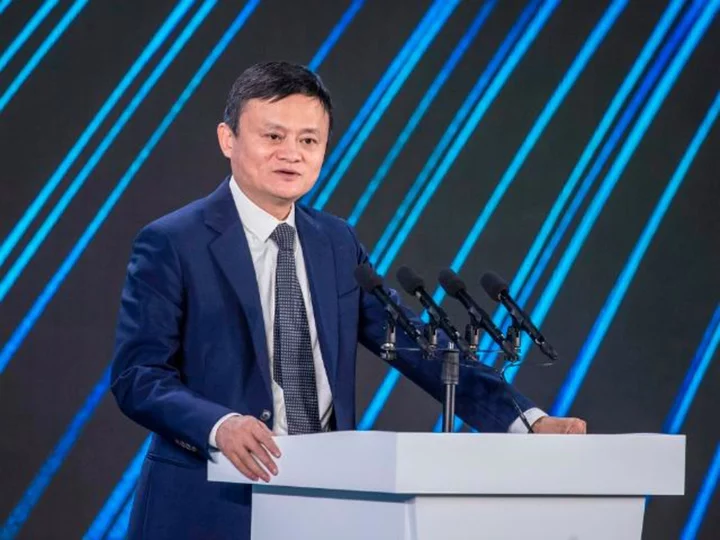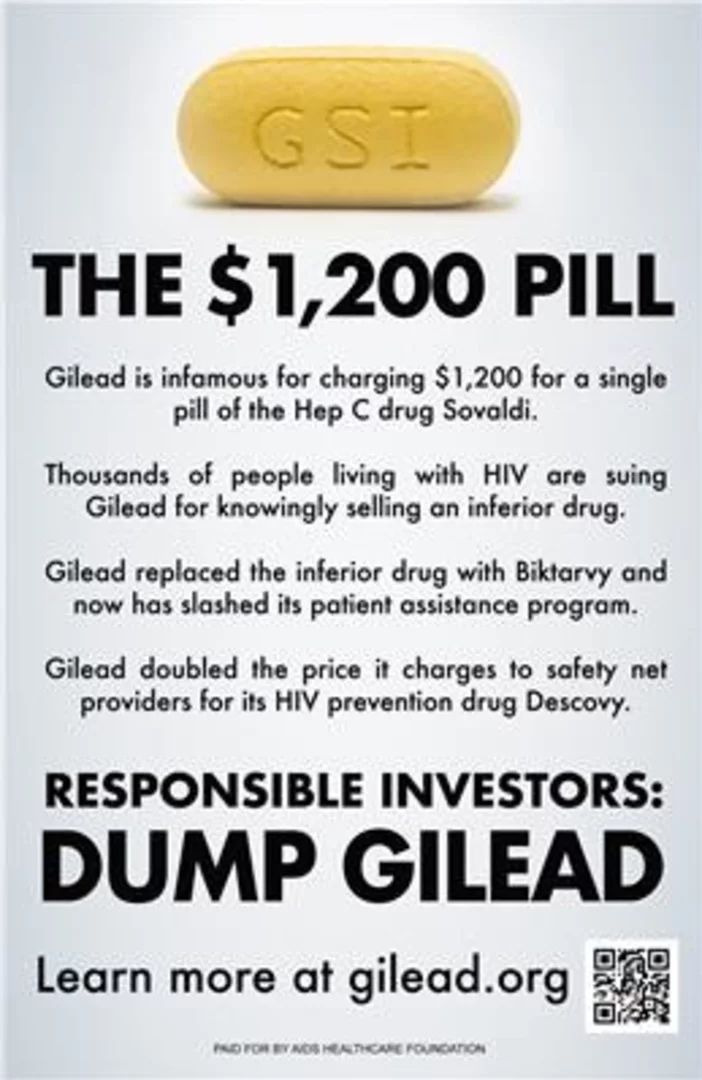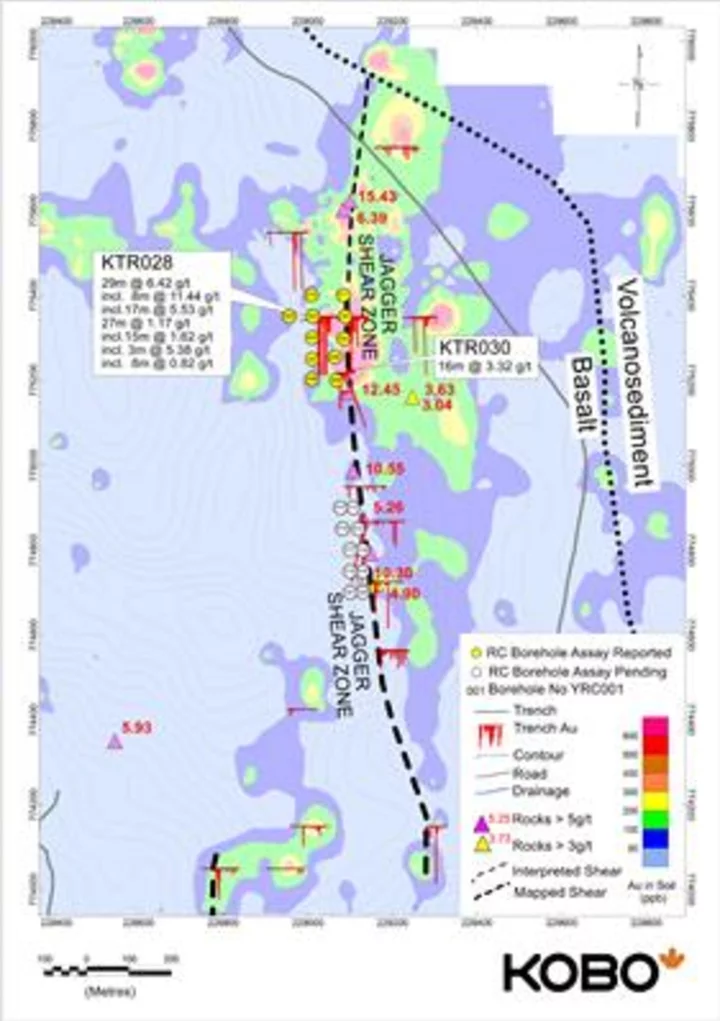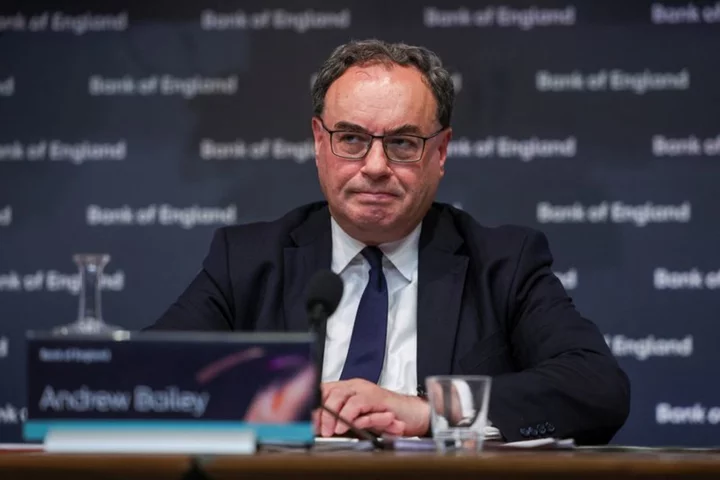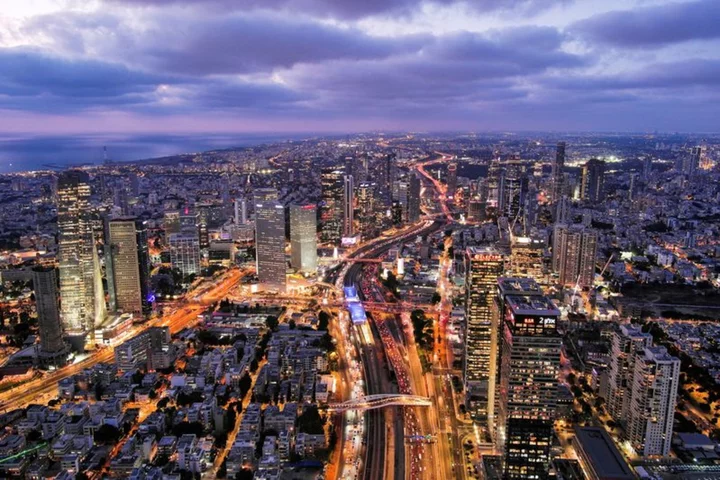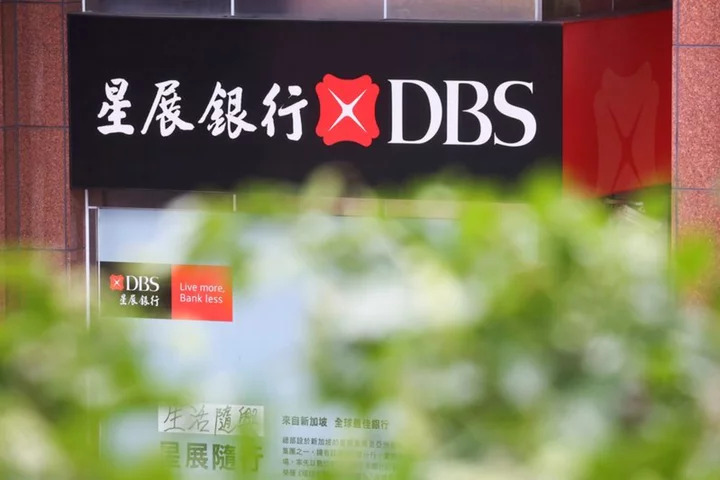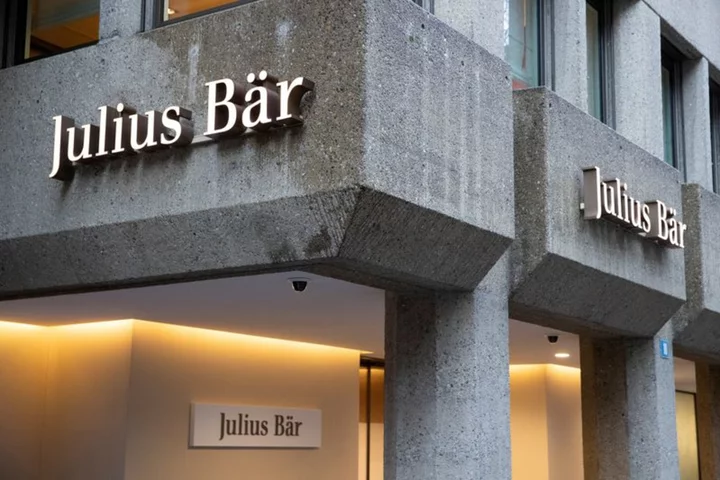Ant Group has announced a share buyback that values it at $78.5 billion, which is about $230 billion or 75% less than the valuation it fetched nearly three years ago, before its IPO was yanked by Chinese regulators.
The company was co-founded by Jack Ma, as was e-commerce giant Alibaba Group.
The combined loss of market capitalization for Ant and Alibaba totals some $877 billion, according to a CNN calculation based on peak share prices recorded in late October 2020, around the time the entrepreneur blasted Chinese financial regulators and banks in a landmark speech.
Ma's blistering criticism set off the most sweeping and severe regulatory crackdown in the history of corporate China, which affected the fortunes of other tech giants including Tencent, Didi and Meituan.
The measures included fines over alleged anti-competitive behavior and bans from app stores citing fears over data security.
Almost three years on, the campaign appears to be coming to an end.
On Friday, Chinese financial regulators fined Ant and its subsidiaries a total of 7.1 billion yuan ($984 million) for breaking rules related to consumer protection and corporate governance.
The fines mean the regulatory "overhang" over the Chinese internet sector has finally been removed, Jefferies analysts said Saturday.
It will "unlock" the valuation of Alibaba and Tencent and benefit Chinese fintech firms such as Lufax because of "better visibility on sector outlook," they wrote in a research note.
Ant proposed to repurchase up to 7.6% of its equity interest from shareholders, according to a Saturday exchange filing from Alibaba, which owns one third of Ant.
Alibaba is considering whether to participate in the buyback, the filing said.
Chinese tech shares rallied Monday, with Alibaba rising 3.2% and Tencent gaining 0.7%.
IPO back on?
Friday's fines mark the conclusion of the regulatory crackdown on Ant and could pave the way for the company to revive its long-anticipated IPO, according to analysts.
That planned listing was suddenly canceled in November 2022, after the fintech company had priced its shares — valuing it at more than $310 billion — and just two days before it was due to begin trading in Hong Kong and Shanghai.
The dual listing, poised to raise $34.4 billion, was set to become the biggest share sale in history, shattering a previous record set by Saudi Aramco.
But everything changed after Ma spoke at the Bund Financial Summit in Shanghai, where he criticized international financial regulations for stifling innovation and said their approach was not right for the Chinese economy.
China didn't have a healthy financial system, he added. What it needed was not controls on risk-taking, but innovative tech firms that can bring banking to poor populations and small businesses otherwise locked out of traditional banks.
"China doesn't have systemic financial risks, because it basically has no financial system," Ma said.
He also blasted China's state-controlled banks for having a "pawn shop" mentality and failing to support companies starved of financing.
A few days after the speech, regulators summoned Ma to a meeting in Beijing. A day later, Ant's listing was called off.
Sweeping crackdown
Afterward, Beijing tightened scrutiny of Ma's business empire. Ma himself also withdrew from his businesses and largely disappeared from public view.
That regulatory action soon evolved into a sweeping crackdown that touched every corner of China's tech industry.
In the years that followed, the campaign extended well beyond tech, hitting industries ranging from gaming and entertainment to private tutoring.
At its height in 2021, the crackdown wiped $3 trillion off the market value of Chinese companies globally.
But earlier this year, the country's authorities said a clampdown on the financial businesses of 14 internet companies was "basically over," sending a clear signal that they wanted to help private firms prop up an ailing economy.
Months later, Ma began to make public appearances in mainland China.
Even as the regulatory campaign fades, Alibaba's stock price is still down more than 70% from its October 2020 peak. That means the internet conglomerate has lost more than $645 billion in market capitalization since the crackdown started.

